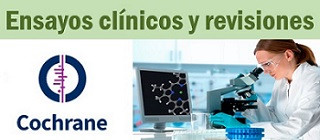Adipose tissue-derived stem cell-seeded small intestinal submucosa for tunica albuginea grafting and reconstruction.PNAS Jan 23, 2012
Published online before print January 23, 2012, doi: 10.1073/pnas.1113810109
PNAS January 23, 2012
Limin Maa,b,1, Yijun Yanga,1, Suresh C. Sikkaa,c, Philip J. Kadowitzc, Louis J. Ignarrod, Asim B. Abdel-Mageeda,c,2, and Wayne J. G. Hellstroma
Abstract
Porcine small intestinal submucosa (SIS) has been widely used in tunica albuginea (TA) reconstructive surgery. Adipose tissue-derived stem cells (ADSCs) can repair damaged tissue, augment cellular differentiation, and stimulate release of multiple growth factors. The aim of this rat study was to assess the feasibility of seeding ADSCs onto SIS grafts for TA reconstruction. Here, we demonstrate that seeding syngeneic ADSCs onto SIS grafts (SIS-ADSC) resulted in significant cavernosal tissue preservation and maintained erectile responses, similar to controls, in a rat model of bilateral incision of TA, compared with sham-operated animals and rats grafted with SIS graft (SIS) alone. In addition to increased TGF-β1 and FGF-2 expression levels, cross-sectional studies of the rat penis with SIS and SIS-ADSC revealed mild to moderate fibrosis and an increase of 30% and 40% in mean diameter in flaccid and erectile states, respectively. SIS grafting induced transcriptional up-regulation of iNOS and down-regulation of endothelial NOS, neuronal NOS, and VEGF, an effect that was restored by seeding ADCSs on the SIS graft. Taken together, these data show that rats undergoing TA incision with autologous SIS-ADSC grafts maintained better erectile function compared with animals grafted with SIS alone. This study suggests that SIS-ADSC grafting can be successfully used for TA reconstruction procedures and can restore erectile function.



